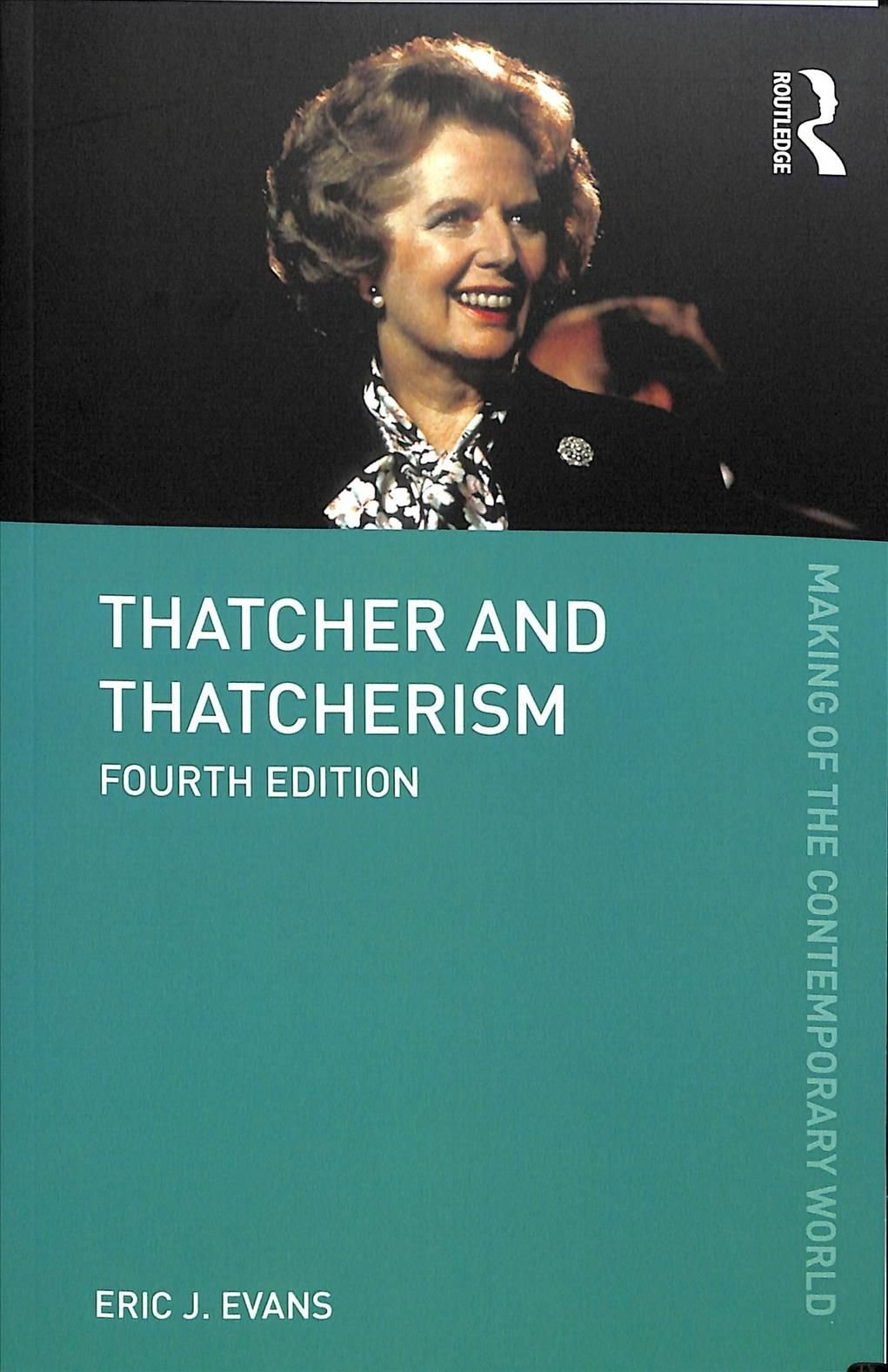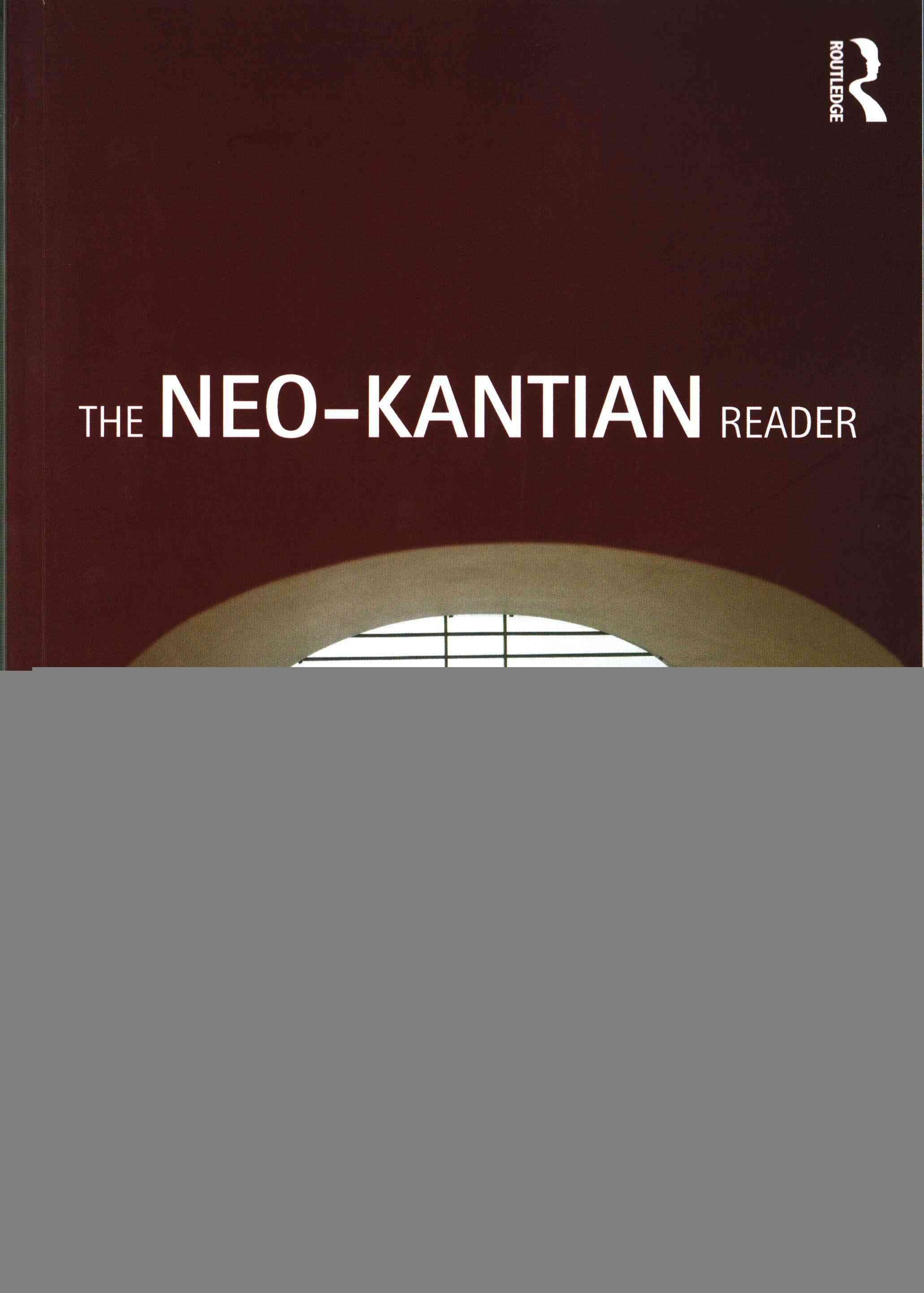This book provides a new paradigm of economics that is called Qualitative Economics. The authors take an approach to economics that is entirely different from the established neo-classical economics paradigm. Arguing that the basis of neo-classical economic theory with its focus on perfect information in a balanced equilibrium system of supply and demand is fundamentally flawed, the authors propose an inclusive philosophical and scientific perspective to explain economic structures and activities and how best to understand the dynamics of economics. Furthermore, the authors argue that a qualitative approach allows for greater understanding of not only the actors, actions and situations in economics, but also defines the context in which the more traditional quantitative and statistical methods are applied. The book includes case studies to further illustrate the applications of qualitative economics. Challenging orthodox paradigms and schools of economic thought, the book proposes a new way of looking at economics, and as such will be of use to researchers and students of economics, business, social sciences and the sciences as well as think tanks and advocacy groups interested in heterodox economics.












